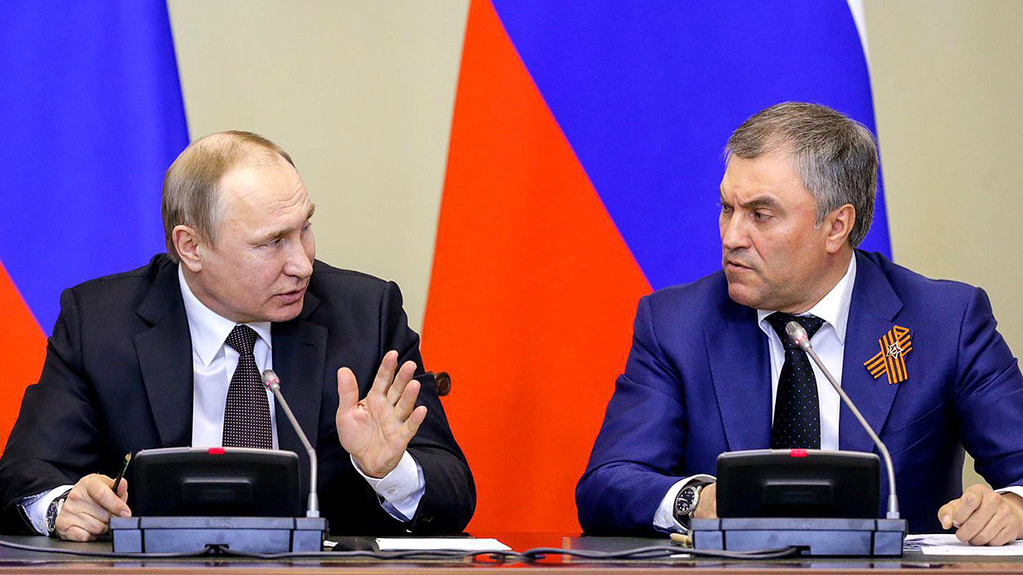In the second and third readings, the Russia State Duma unanimously adopted an amendment to the law that prohibits so-called Foreign Agents from participating in elections at all levels.
News
In particular, Russian citizens who are included in the "list of foreign agents" will be deprived of the right to be elected to federal, regional, and local government bodies. Citizens identified as "affiliated with foreign agents" are required to indicate this status in all campaign materials.
Additionally, Foreign Agents are prohibited from being members of the Precinct Election Commission and participating in elections as observers. They cannot be authorized representatives of candidates and election associations.
The law also provides for the early termination of authority for Foreign Agents employed in state bodies, which will take place 180 days after the law comes into force.
"The basis for making a decision to recognize a person as a foreign agent is receiving money from abroad. Either you will be citizens of your country, you will work for the interests of your country, or you will not be able to represent the population in government bodies. A person who has already been recognized as a foreign agent cannot participate in elections, but he has a chance to get rid of this status within the framework of the appropriate procedure, to stop receiving money for his activities from abroad.
We are doing everything to protect our country. And the one who receives money from abroad and wants to be elected to state bodies should refuse the money, thinking that he is doing the wrong thing," said the State Duma speaker, Vyacheslav Volodin.
The legislative changes were adopted against the background of opposition politicians and journalists declared as Foreign Agents starting a campaign to present their candidacies in the Moscow City Duma elections, as reported by the publication Nastoyashee Vremya TV presenter Tatyana Lazareva, living in Spain, journalist Sergey Markelov, living in the USA, and others expressed their desire to participate in the elections, which are scheduled for September 2024.
"Considering that a significant part of the persons included in the register of foreign agents currently live abroad, have anti-Russian positions, and support, including financially, the armed forces of Ukraine, it is necessary to restrict the right to vote for this category of persons," said Sergey Mironov, chairman of the faction Justice Russia - for Truth and the initiator of changes.
The legislative initiative was presented to the Duma at the beginning of April and was immediately adopted. For the law to enter into force, the changes must be approved by the Federation Council and the President.
The first version of the law on Foreign Agents was adopted in Russia in 2012, in response to the protests of 2011-2012. The law initially applied to non-profit (non-governmental) organizations, which the Russian leadership considered a tool used by the West to attempt to change the government in Russia. Since 2017, the Foreign Agents law has also been extended to media outlets. Today, this status can be granted to any natural person (or association of physical persons), regardless of citizenship, legal form, and jurisdiction, if they participate in political activities in Russia and receive foreign funding. Support from a foreign source can be expressed not only in monetary financing but also in providing organizational, scientific-methodological, technical, and other types of assistance. Currently, there are four registers of "agents" in Russia: for non-profit organizations, unregistered public associations, media, and individuals. This repressive law has become the main weapon of the Kremlin to dismantle civil society.















